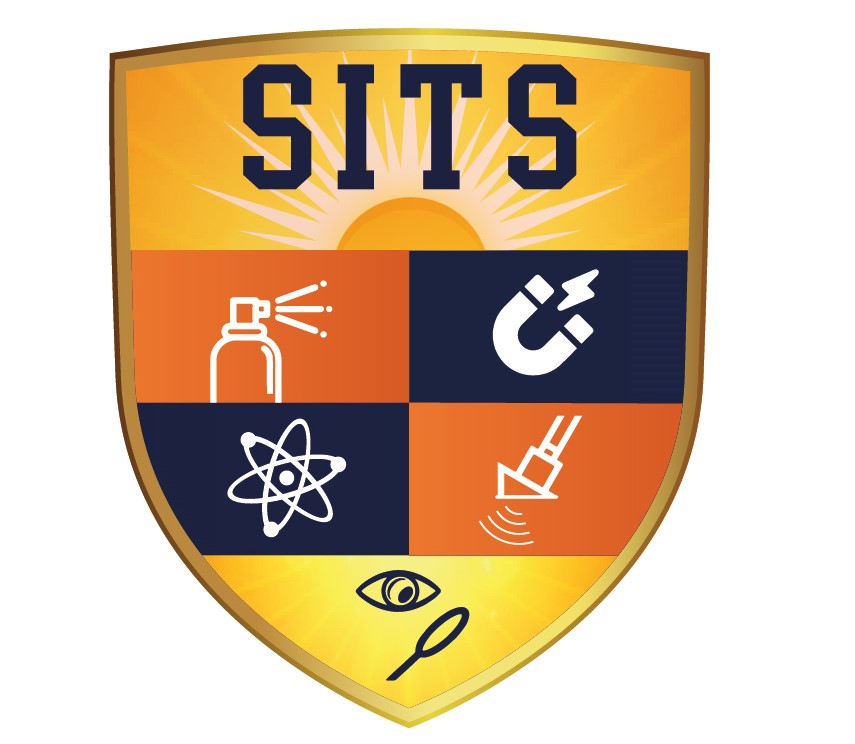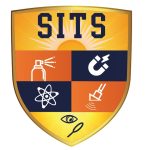Services
I. Industrial Inspection Services
SITS is known for providing unique solutions. We can assist our customers throughout their projects, providing the highest degree of technical assurance, and control measures through a series of tests to ensure complete quality.
We rely on cutting-edge inspection equipment and a staff of qualified and certified inspectors who can do inspections in accordance with any sort of specification, or standard. As a result, our clients save money and time, increase the quality of their output, and ensure consistency and safety.
SITS inspection services include and are not limited to;
A. NDT (Non-destructive Testing) Services:
NDT is a broad category of non-destructive analysis techniques used in industry to assess the quality of a material or component.
NDT is a highly balanced testing method that can save both money and time in product evaluation and troubleshooting as it does not permanently modify the material being inspected.
Ultrasonic testing (UT), magnetic-particle testing (MT), liquid penetrant testing (PT), radiographic testing (RT) & visual testing (VT) are the most all common NDT methods that are widely used in industry.
1. Radiographic Testing (RT)
It uses penetrating X-rays or gamma radiation to analyze the material or product for discontinuities that could jeopardize the intended use of the product.
Radiation is emitted from a component and directed onto a radiographic film that develops the latent image; possible flaws appear as density shifts after film development.
2. Magnetic-particle Testing (MT)
Used for detecting surface and subsurface discontinuities in ferrous materials. The magnetic flux might leak through a surface or subsurface defect when a magnetic field is put into the part.
When this part is coated with ferrous iron particles, these particles will clump together at the surface breaking discontinuities. These indications are then evaluated to see what it is.
3. Liquid Penetrant Testing (PT)
Used for detecting surface and subsurface discontinuities. Liquid penetrant is applied to the surface to be examined & allowed to enter discontinuities, later all the excess penetrant is then removed and a developer is applied.
The developer function as a blotter to bring back the penetrant that has been trapped in discontinuities to form indications.
4. Ultrasonic Testing (UT)
Ultrasonic testing involves transmitting high-frequency sound waves into the material in order to detect discontinuities using a probe. These waves will travel through a material until they encounter a boundary or a discontinuity at which point they reflect back to the probe.
By analyzing these reflections it is possible to measure the thickness of a test piece or find evidence of internal discontinuities.
5. Visual Testing (VT)
The most widely used NDT approach across all industries for finding surface faults that are visible to the human eye. Optical instruments such as magnifying glasses, device is capable, mirrors and other computer equipment can be used to help with remote viewing.
6. Hardness Testing
Hardness testing involves indenting a metal surface with a consistent load applied under controlled conditions. After that, the depth of penetration is measured to determine the material’s hardness. It’s a great predictor of mechanical properties in a material. It is used to determine a material’s indentation resistance, as well as its strength, wear resistance, and toughness.
7. Positive Material Identification (PMI)
A rapid non-destructive method, Used for ensuring that delivered goods meet all applicable standards and requirements for material composition, can determine the chemical composition of a variety of materials fast and accurately. It’s also useful to avoid accidentally mixing materials, which could result in serious issues in service.
PMI using X-ray Fluorescence (XRF) Analyzer is the most popular approach; this hand-held equipment is portable and allows doing PMI on-site at our customers’ locations. The device scans the metal and determines its main components.
8. Ferrite Testing
The ferrite test is a quick, low-cost, and accurate approach for determining the amount of delta ferrite in austenitic and duplex stainless steel. Ferrite testing can help you find the right ferrite content balance for ductility, toughness, corrosion resistance, and crack resistance.
Testing involves a non-destructive approach to measuring the magnetic permeability of the material and is compared to conventional ferrite content percentages in other materials. The percentage of ferrite in a substance is determined by its permeability.
B. Weld Inspection
Welding inspection involves examining the continuity of metals or parts that have been bonded using various welding procedures. Our inspectors utilize visual instruments and other NDT procedures as needed to check the quality of the welds as per project requirements.
II.Third Party Inspections
The process of inspecting products at the point of manufacture before they are delivered is an effective approach to inspecting the quality of a product during several stages of manufacturing, from raw material inspection to non-destructive testing (NDT) of welding, products, to final dimension inspection. SITS assigns professional Inspectors who apply their expertise and knowledge to ensure product quality throughout the manufacturing process.
III. Incoming Material/Product Inspection
Incoming material/product inspection is also known as “Mill inspection”, used to evaluate the quality and traceability of products from the manufacturer/supplier. For large orders, crews of inspectors are deployed by SITS as per client requirements to assist in generating or verifying the Mill test reports.
These inspections are essential in terms of quality control and material traceability.
IV. Factory Acceptance Testing (FAT)
Factory Acceptance Testing (FAT) ensures that newly manufactured and packaged equipment performs as expected. The FAT verifies that the equipment is working properly and that all of the customer’s purchase order specifications and other requirements have been met.
It also aids in the resolution of any operational issues before the equipment arrives at the client’s installation location.
Our Specialized Inspection teams are fully equipped with the most up-to-date data-collecting technology as well as highly skilled/trained Operators to handle even the most demanding testing scenarios.
V. Project Expediting
SITS expediting services encompass every step of the manufacturing process, allowing the clients to Keep track of the project with frequent progress reports that are customized to their requirements. SITS assists the clients in identifying the phases that are likely to create delays and to take prior action to avoid these project delays to ensure that goods and equipment are supplied on schedule and in accordance with contract deadlines.
VI. Specialized Manpower Supply
“We have extensive experience in supplying skilled /experienced inspection professionals to various oil and gas industries”.
We provide specialized Engineers, Certified Inspectors, Technicians and Operators on contract basis to a broad range of industries that covers Oil Industries, Refinery, Petrochemical, Power Plant, Tanks, cross-country pipelines, Booster Station, process & power piping, Offshore Installations, High Rise Building, Cranes, Mobile Equipments, Roads and Bridges etc.

